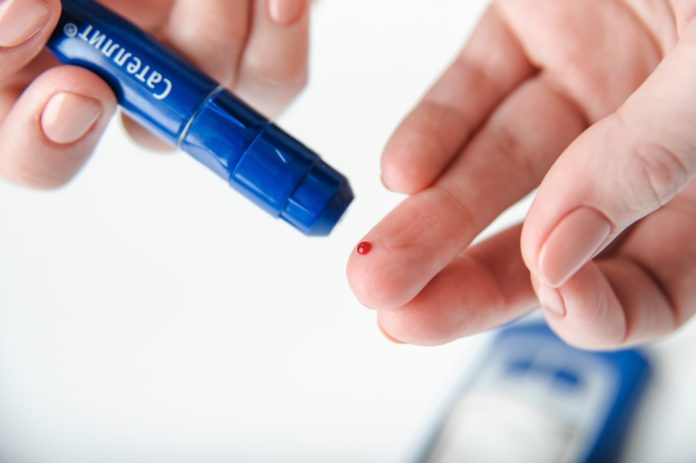Chances of death because of hypoglycaemia rise manifold in patients who have both diabetes and dementia
Diabetic people who are also suffering from dementia should be extra careful about low blood sugar.
Dangerously low blood sugar (severe hypoglycaemia) has much more serious consequences in people who have both diabetes and dementia than those with diabetes alone. These are the findings of a new research being presented at this year’s European Association for the Study of Diabetes (EASD) Annual Meeting in Berlin, Germany (1-5 October).
The observational study found that, following hypoglycaemia, older adults with both diabetes and dementia were 67% more likely to die compared to those with diabetes alone.
“Treatment strategies aimed at minimising hypoglycaemia should be prioritised in older patients with diabetes and dementia who are already prone to suffer from cardiovascular events, falls, and fractures”
“Hypoglycaemia is an under-recognised risk factor for death in older adults with diabetes and dementia”, says Dr Katharina Mattishent (Alzheimer’s Society Clinical Research Fellow) from Norwich Medical School, University of East Anglia, Norwich, UK who, under the supervision of Professor Yoon Loke, carried out the research.
“Treatment strategies aimed at minimising hypoglycaemia should be prioritised in older patients with diabetes and dementia who are already prone to suffer from cardiovascular events, falls, and fractures,” she said.
A recent meta-analysis involving almost 1.5 million adults found that hypoglycaemia is linked with an increased risk of death, cardiovascular events, falls, and fractures. However, none of the studies examined these outcomes in specific groups of people at particularly high risk of hypoglycaemia, such as those with dementia and diabetes.
To investigate this further, Mattishent and colleagues analysed data from 19,995 patients with type 1 or type 2 diabetes aged 65 years or older both with and without dementia who were diagnosed with the first hypoglycaemic episode between April 1997 and 31 March 2016. The study was carried out using the UK Clinical Practice Research Datalink (CPRD), the world’s largest primary care database. Data on hospital admission from the Hospital Episode Statistics (HES) was also used.
The researchers followed participants for up to 5 years after their first recorded hypoglycaemic episode. Researchers examined whether hypoglycemic episodes were associated with death from any cause in patients with dementia and diabetes, and whether hypoglycemic episodes had a different impact on mortality in diabetics with and without dementia. The results were adjusted for influential factors including age, sex, sociodemographics, comorbidities, and medications. Over the study period, 11,716 people died from any cause.
Following hypoglycaemia, patients with diabetes and dementia had a 66% greater risk of death as those who did not experience hypoglycaemia (1369 deaths/1679 patients vs 3853 deaths/6134 patients).
The analysis also found that, following hypoglycaemia, diabetics with dementia were 66% more likely to die as those without dementia (1369 deaths/1679 patients vs 6494 deaths/12182 patients).
Dr Mattishent concludes, “Given the continuous rise in diabetes and dementia prevalence and the ageing population, strategies to prevent and reduce hypoglycaemia in older people with dementia and diabetes must be a top priority.”


